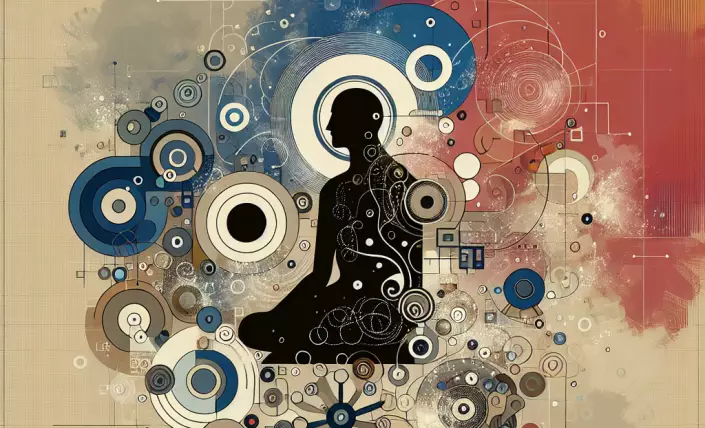Arthur Schopenhauer's philosophy presents a profound exploration of the human condition, centered on the concept of the 'will.' He portrays the will as a blind, incessant force driving all existence, a metaphysical substrate that shapes the world and our experiences within it. This force, according to Schopenhauer, is the root of all suffering, as it perpetuates an endless cycle of desire and dissatisfaction. In this light, the will is not just a philosophical abstraction but a lens through which we can examine the paradoxes of human existence.
At the heart of Schopenhauer's philosophy is the notion that human life is a constant struggle between desire and fulfillment. We are perpetually caught in a web of wants that, once satisfied, lead only to new desires. This eternal oscillation is what Schopenhauer calls the 'pendulum' of human life, swinging between pain and boredom. Pain arises from unfulfilled desires, while boredom ensues when desires are temporarily satisfied. In this framework, happiness is fleeting, a mere respite in the unending pursuit of new goals. Understanding this, we are prompted to reflect on our own lives: how often do we find ourselves trapped in a cycle of momentary gratifications, only to be left yearning for more? Schopenhauer challenges us to recognize this cycle and question whether our pursuits are genuinely fulfilling or simply distractions from a deeper existential void.
Furthermore, Schopenhauer's perspective invites us to reconsider the role of suffering in our lives. While modern culture often seeks to minimize or escape suffering, Schopenhauer suggests it is an inescapable aspect of the human experience. By acknowledging this truth, we can cultivate a deeper sense of empathy and connection with others. If the will is universal, then suffering is a shared human condition, binding us together in our quest for meaning. This realization can shift our focus from individual pursuits to a more compassionate understanding of the collective human plight. It encourages us to seek solace not in the illusory promises of happiness but in the authentic connections forged through shared experiences of suffering and resilience.
In confronting the relentless nature of the will, Schopenhauer does not leave us without hope. He proposes that through aesthetic experience and contemplative detachment, we can transcend the will's grasp, if only momentarily. Art, music, and philosophical reflection offer glimpses of a world beyond desire, moments where we can lose ourselves in the beauty of existence and escape the tyranny of the self. These experiences allow us to step outside the cycle of want and find peace in the contemplation of the sublime. This insight prompts us to seek out those moments of transcendence in our own lives, to value them not as mere escapes but as essential components of a life lived with awareness and purpose.
In conclusion, Schopenhauer's philosophy challenges us to engage deeply with the nature of desire and suffering. It invites us to confront the persistent disquiet that underlies our existence and to find meaning not in the fleeting fulfillment of desires but in the understanding of our shared human experience. Through this lens, we are encouraged to cultivate a life of introspection, empathy, and appreciation for the transcendent moments that elevate us beyond the mundane. While the will may be an inexorable force, our capacity for reflection and connection offers a path toward a more profound and compassionate understanding of what it means to be human.










